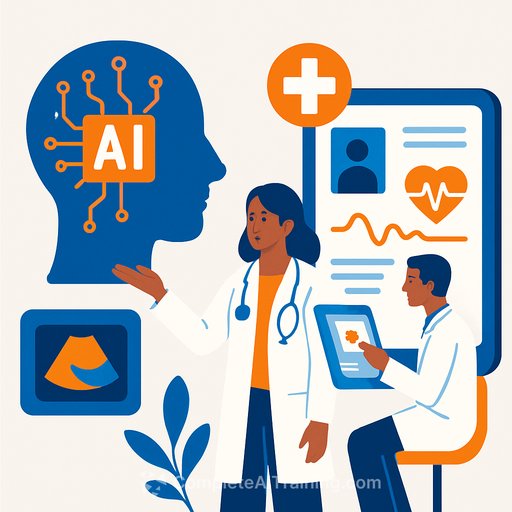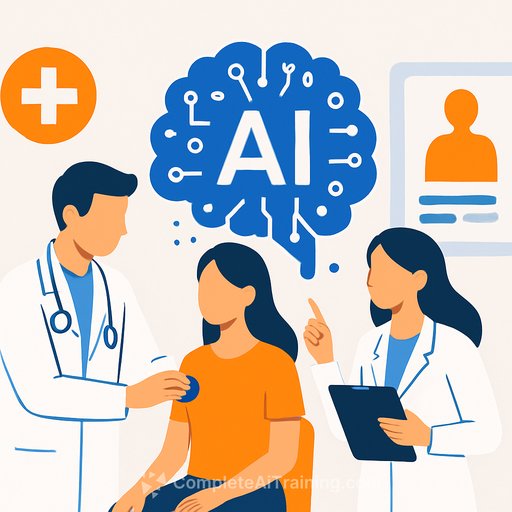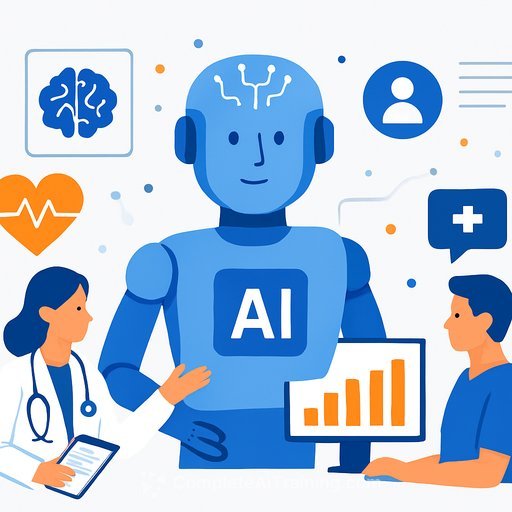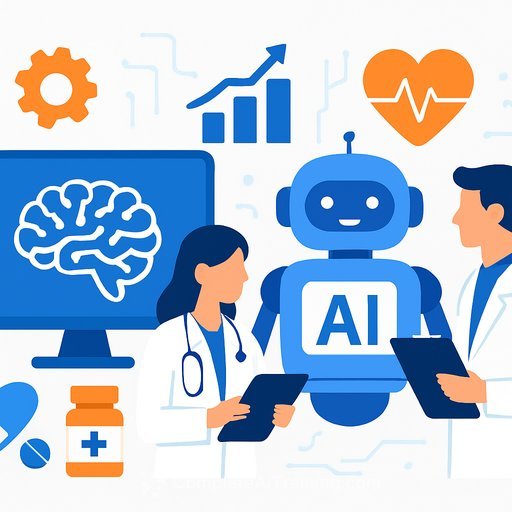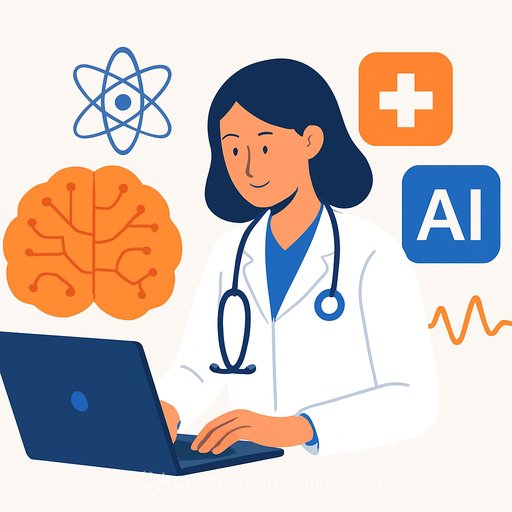AI in MedTech: A Stitch in Time
The story of humanity unfolds every day with eight billion lives seeking access to quality healthcare. Traditional medical technology struggles to keep up with this vast demand. Enter AI in MedTech—a tool making a meaningful difference in diagnostics, hospital operations, and bridging healthcare gaps globally. It promises more than just support for existing systems; it has the potential to redefine how healthcare is delivered.
A Global Healthcare Challenge
Healthcare demand exceeds supply worldwide. Ageing populations, limited resources, and uneven access create pressure on healthcare systems. For many, timely diagnosis and treatment remain out of reach. Legacy inefficiencies and administrative burdens add to the problem, especially when managing massive medical data sets. Traditional solutions face hurdles in scalability and affordability, making AI’s ability to analyze, predict, and adapt a valuable asset.
Transforming Imaging with AI
Accurate, early diagnosis is vital, yet delays and misdiagnoses still occur frequently. AI-powered surgical imaging is improving precision in detecting diseases. The global surgical imaging market, valued at USD 5.76 billion in 2025, is expected to grow to USD 9.60 billion by 2034. Major firms like GE Healthcare, Siemens Healthineers, and Philips invest heavily in this area. For example, Siemens’ acquisition of Varian Medical Systems expanded its surgical oncology and imaging capabilities.
Modern AI algorithms can analyze imaging data with accuracy matching or exceeding human radiologists. Early detection of cancer, cardiovascular issues, and neurological disorders becomes possible, allowing timely treatment. AI tools are enhancing diagnostics not only in top-tier hospitals but also in remote areas through telemedicine platforms.
Personalising Treatment at Scale
AI’s role in personalised medicine is gaining ground. It uses machine learning and predictive analytics to examine genetic, environmental, and lifestyle data, creating treatment plans unique to each patient. In oncology, AI analyses tumour-specific data to recommend the best treatments. For chronic diseases, AI-enabled wearables provide continuous monitoring and adaptive therapy, improving outcomes and reducing hospital stays.
Enhancing Operational Efficiency
Hospitals often face inefficiencies in resource management, wasting time and money. AI improves scheduling, predicts bed availability, and forecasts patient needs using historical data. Automating routine tasks like medical coding, data entry, and insurance claims reduces administrative load, freeing healthcare workers to focus on patient care.
AI-powered chatbots and virtual assistants now handle patient inquiries and appointment scheduling, cutting wait times and improving patient experience. These technologies also support quality assurance and regulatory compliance across regions.
Democratising Access to Quality Care
AI helps close the healthcare gap between affluent and underserved areas by making diagnostics and treatments more accessible. Mobile ultrasounds combined with AI diagnostic software enable prenatal care for expectant mothers in rural locations without extensive travel. These tools address care disparities and meet basic healthcare needs for billions.
Challenges to Address
Despite its potential, AI adoption in MedTech faces challenges. Data privacy, regulatory compliance, and algorithmic bias require careful management. Maintaining patient trust and ensuring fair deployment involves collaboration among developers, healthcare providers, and policymakers.
Seamless integration of AI into existing workflows is critical. Without proper training and support, healthcare professionals may find it difficult to adopt these tools effectively, limiting their benefits.
Looking Ahead
The partnership between AI and MedTech is just beginning. From predictive healthcare models to automated surgical systems, many opportunities lie ahead to improve medicine. With ongoing advancements, AI could become a fundamental part of a truly global healthcare system. It’s fitting to call AI in MedTech a stitch in time—addressing issues before they grow.
Your membership also unlocks:

